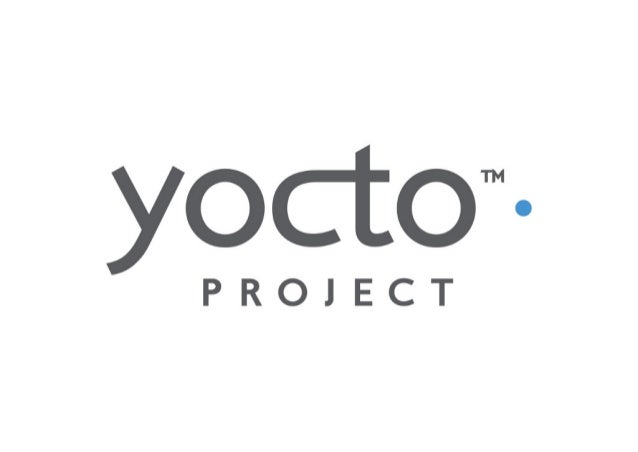Docker has revolutionized the software development industry. This enables developers to create containerized applications that are easier to scale and maintain than other applications. Containers require less system resources than traditional and other virtual machine environments, so they require less overhead.
Docker can be installed on Raspberry Pi based platforms, especially Raspberry Pi 4 and Compute Module 4. Some industrial devices also support Docker platform, i.e. ModBerry 500 CM4.
What is Docker Engine?
Docker is a software platform for building applications based on containers. These containers are small and lightweight environments that run in isolation but share the operating system kernel.
One of the main challenges of modern software development is to develop applications that run on the same host but still be isolated from one another so that they don’t interfere with each other’s processes or maintenance.
Before Docker, a solution to this problem was implementing virtual machines which keep applications on the same hardware separate. The problem, though, with virtual machines is that they take a lot of system resources and each virtual machine requires its own operating system. They are also challenging to maintain and upgrade.
Source: https://www.upswift.io/post/the-best-way-to-install-docker-on-a-raspberry-pi
Can a Raspberry Pi Run Docker?
Yes, Raspberry Pi can easilly run Docker. However, this was not always the case. Before 2016, I mostly used Hypriot OS. It is specially configured for use with Raspberry Pi containers. Read more at: https://www.upswift.io/post/the-best-way-to-install-docker-on-a-raspberry-pi
ModBerry 500 CM4 an ultimate solution for IoT monitoring
TECHBASE’s ModBerry industrial computer series has received an update to Raspberry Pi Compute Module 4 and is available for orders. TECHBASE is leading manufacturer of Industrial Raspberry Pi and Industrial Compute Module solutions. ModBerry 500 series is fully compatible with all releases of Compute Module from Rasbperry Pi foundation.

Main features of updated device are:
- up to 4x faster eMMC Flash with up to 32GB storage
- up to 2x faster performance of CPU appllications than previous CM3 version
- up to 8x more RAM (8GB LPDDR4-3200)
- 1Gbit Ethernet interface
- PCI 2.0 card support for NVMe SSD drive (via M.2)
- two PCIe support for wireless modem solutions, i.e. LTE/5G modems
- Wide range of wired and wireless interfaces






